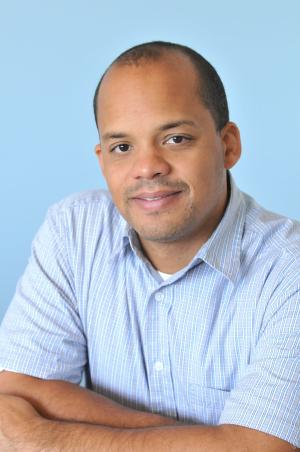Year born: 1977
Research Areas: Exoplanets
"I found the opportunity to find planets orbiting other stars irresistible. Once I learned that this was a viable career path, I immediately hopped on board."

Early Life
John Johnson grew up in St Louis, USA. He has a Bachelor's degree in Physics from the University of Missouri-Rolla and a PhD in Astronomy from the University of California, Berkeley. John’s interest in astronomy was sparked when he saw the Perseids meteor shower. He was 21 at the time and did not take any astronomy courses before he started his PhD. John did not have a lot of confidence when he started studying astronomy. He later realised that it’s okay to get stuck sometimes and that really successful scientists spend a lot of time not knowing how to answer their research problem. That means they are on to something interesting!
Career Highlights
John is interested in finding and learning more about exoplanets. Exoplanets are planets outside of our Solar System. John uses telescopes to discover and study exoplanets and helped to create the MINERVA observatory in Arizona, USA. The main goal of MINERVA is to find Earth-like planets in the habitable zones of Sun-like stars. The habitable zone is the area around a star where the temperature would be right for liquid water. It is the best place to look for alien life.
John has also used data collected by the Kepler space telescope to hunt for other worlds. In 2012, John’s team discovered three small rocky exoplanets orbiting a red dwarf star. One of them is the smallest exoplanet found so far. It is about the size of Mars.
Johnson is Professor of Astronomy at Harvard. He was Harvard’s first African-American professor in any of the physical sciences. John was previously a researcher with NASA's Exoplanet Science Research Institute.
Legacy
John has written a book “How do you find an exoplanet” for aspiring researchers. He is the founder of a summer program at the Harvard-Smithsonian Center for Astrophysics that provides funding opportunities for undergraduate students with backgrounds underrepresented in astronomy.
Other Interests
John enjoys basketball, bicycling, and building Lego with his children.
